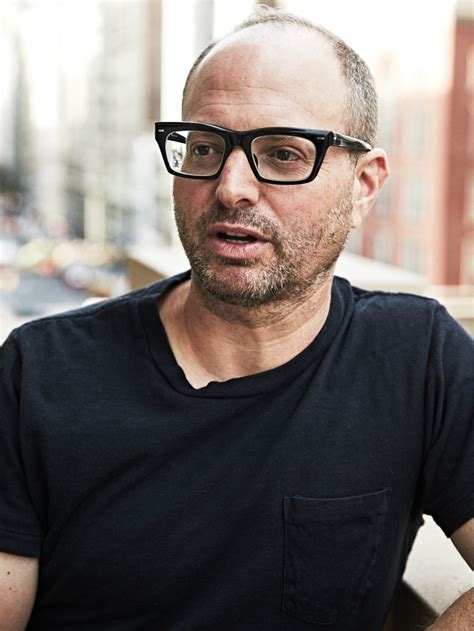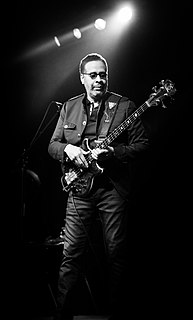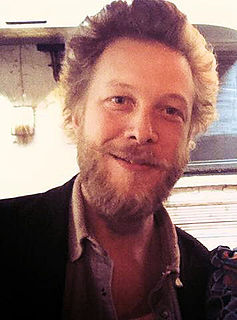A Quote by Daniel Kaluuya
Really, I have no idea how I'm perceived in the industry.
Related Quotes
I wrote [Collateral Beauty] on my own. I didn't get paid to write it. I didn't sell it as a pitch. It was an idea I had that I really, really felt needed to be in script form before showing it to anyone in the industry because of the uniqueness of the idea, and the weirdness of the idea, to be frank.
I actually think that bass is probably the instrument that has evolved in a quantum leap compared to other instruments. It's the instrument that's evolved the most, especially with how it's perceived. And even how it's played, and how it's viewed from a point of view of commerce, like with the music industry.
I thought, 'Okay, what's going to be my edge, and how am I going to define what I'm doing differently?' Once I had that key idea of the software developer as an artist, once I had that idea, a whole bunch of other ideas flowed from that, because I realized that I need to go study the music industry, I need to study the book publishing and Hollywood and figure out how they do things, why they do them that way, and then I need to borrow, and rearrange, the things that they're doing to fit my industry so that I can invent and create this new industry.
Digital has really made the fashion industry a lot more transparent. So people can see and understand how the industry really works, and participate in an industry that was very inaccessible to people. The only thing that people used to see before was the end product. Anyone can participate in it now.
I don't want to follow the map of what the music industry does because I've already lived the industry and I still live the industry so I already understand how it works. The industry doesn't really like us around anyway once we get older because we know too much so, that's fine - cut us off - and we'll find another way to get it out there.
This perceiving, active being is what I call mind, spirit, soul, or myself. By which words I do not denote any one of my ideas, but a thing entirely distinct from them, wherein they exist, or, which is the same thing, whereby they are perceived; for the existence of an idea consists in being perceived.
I don't necessarily think there's a difference in terms of how the film industry and the ad industry view visual effects. If visual effects (or the lack thereof) are used as a tool to strengthen an idea, they're great. If they are meant to carry more of a load in the absence of a concept, they're a waste and a distraction.
It's impossible to tell how you're perceived. I think it's important not to think about it too much, because it really means nothing. Some people think we're a rock band, and that's ridiculous, and the idea of us being a folk band - you sit in a pub in Ireland and hear those guys play, and you're like, 'Yeah, we're definitely not a folk band.'


































